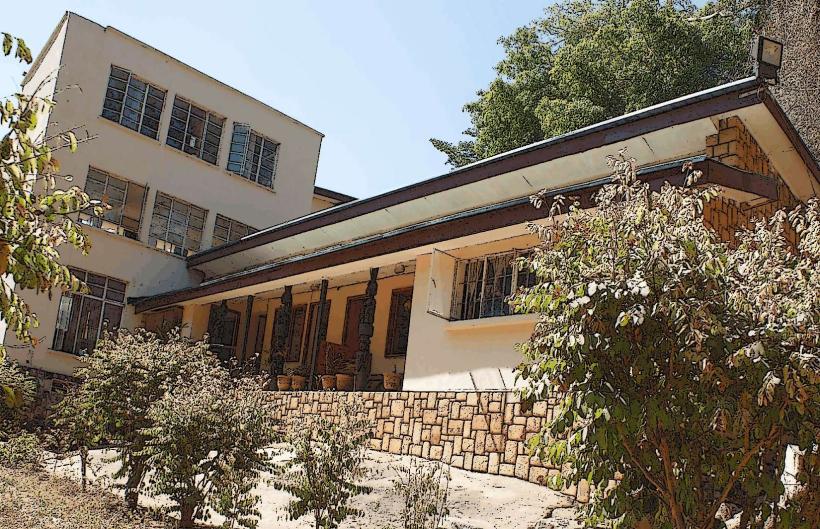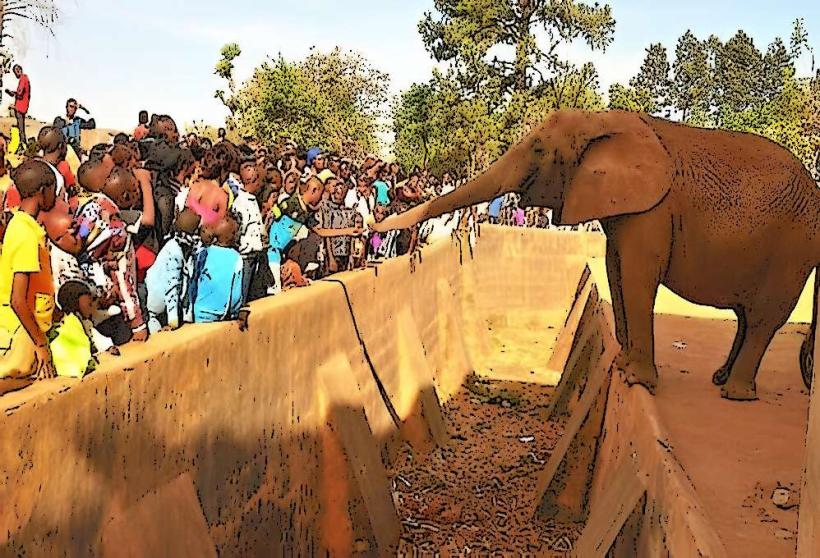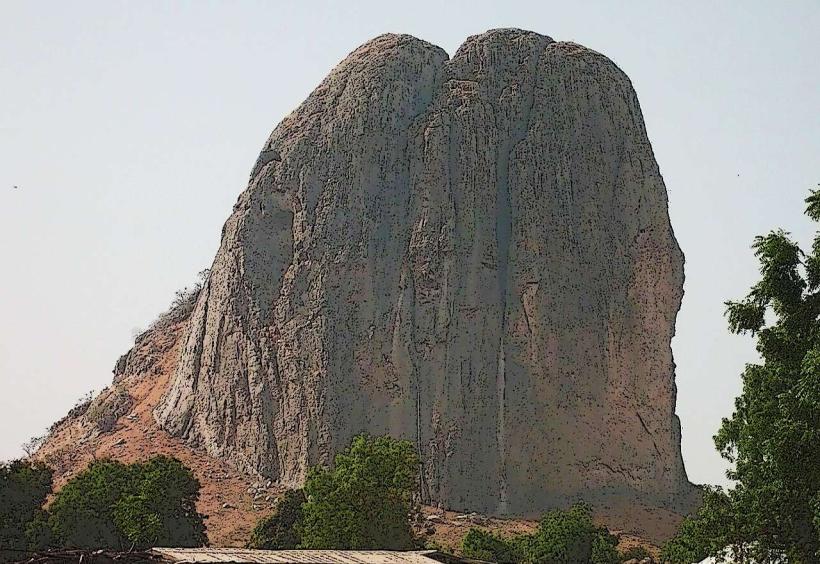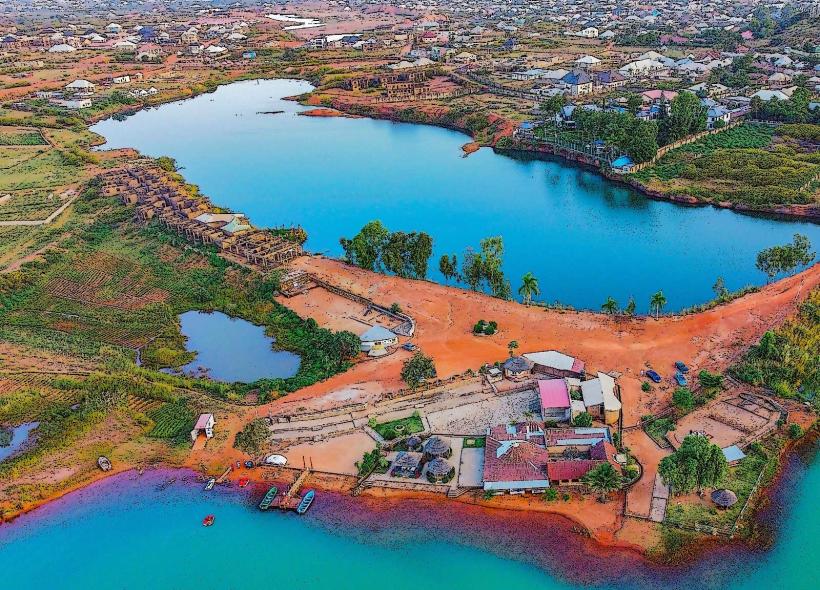Information
City: JosCountry: Nigeria
Continent: Africa
Jos, Nigeria, Africa
Jos serves as the administrative capital of Plateau State and the historic center of Nigeria's tin mining industry. It is situated on the Jos Plateau at an elevation of approximately 1,217 meters (3,993 feet) above sea level, providing a temperate climate unique to the region.
Historical Timeline
Jos was established as a modern settlement in 1915 to facilitate the colonial exploitation of tin deposits found in the surrounding hills. It transitioned through a period of rapid industrialization under British mining companies and became the capital of Benue-Plateau State in 1967. The city underwent significant political reconstruction following periods of communal unrest between 2001 and 2010, which led to the creation of distinct ethno-religious residential clusters. The primary event shaping its current urban form was the colonial mining boom, which necessitated the railway link and the development of the "European" and "Native" townships.
Demographics & Population
The metropolitan population is approximately 965,000 as of 2026. The demographic is highly diverse, featuring indigenous groups such as the Berom, Afizere, and Anaguta, alongside significant Hausa, Igbo, and Yoruba communities. The median age is approximately 18.2 years.
Urban Layout & Key Districts
The city is organized around the rugged granite outcrops of the Plateau. Key districts include the Government Reserved Area (GRA) to the south, containing administrative offices and colonial-era estates; Terminus (Central), the primary commercial and transport hub; and Rayfield (Southeast), an upscale residential and leisure district. The city is geographically defined by its hilly terrain and deep mining scars that have been repurposed into ponds.
Top City Landmarks
National Museum and Museum of Traditional Nigerian Architecture (MOTNA)
Shere Hills
Tenny’s Place (Rayfield)
The Jos Zoo
Transportation Network
Internal movement relies on a winding road network adapted to the hilly topography. Transit is dominated by "Keke" (tricycles) and yellow-painted minibuses. There is no metro system. Ride-sharing is available via Bolt. Official taxis are typically yellow. Traffic density is high at the Terminus and British-American junctions during daylight hours.
Safety & "Red Zones"
The general safety level is moderate, though the city has a history of sporadic civil unrest. Travelers should avoid the Gangare and Bauchi Road areas at night. It is advised to monitor local news for "curfews" and avoid large unmonitored street gatherings. Rural outskirts, particularly toward Barkin Ladi, carry risks of communal conflict.
Digital & Financial Infrastructure
Average internet speeds range from 25 to 40 Mbps on 4G networks. Main carriers are MTN, Airtel, and Glo. Card acceptance is high in Rayfield and GRA hotels; cash is essential for the Terminus and Farin Gada markets. ATMs are concentrated along Ahmadu Bello Way and the Beach Road corridor.
Climate & Air Quality
Temperatures range from 10°C in December (during the Harmattan) to 32°C in March. Jos is significantly cooler than the rest of Nigeria, with frost occasionally occurring in high-altitude areas. Air quality is generally high due to the elevation and constant breeze, though Harmattan dust is prevalent in January.
Culture & Social Norms
Tipping is voluntary but appreciated (5–10%). Standard greeting is a handshake. Dress code is generally conservative, though the city's cooler climate leads to a high prevalence of sweaters and jackets. Alcohol is widely available and culturally integrated into the city’s social life, particularly in the Rayfield and Bukuru districts.
Accommodation Zones
Rayfield: Recommended for high security, leisure facilities, and proximity to golf courses.
Jos GRA: Recommended for central access, quiet environment, and colonial-style boutique hotels.
Local Cost Index
1 Espresso: ₦3,500 ($2.30)
1 Standard Lunch: ₦9,000 ($6.00)
1 Metro/Bus Ticket: ₦600 ($0.40) - Keke/Minibus rate.
Nearby Day Trips
Kurra Falls: 75 km (90 minutes)
Assop Falls: 65 km (70 minutes)
Kerang Volcanic Springs: 90 km (100 minutes)
Pandam Wildlife Park: 180 km (210 minutes)
Facts & Legends
Jos is often called "J-Town" or "The Home of Peace and Tourism." A local legend surrounds the Shere Hills, where it is said that the rock formations are the petrified remains of ancient giants who once guarded the Plateau. A verified historical oddity is the city’s "Museum of Traditional Nigerian Architecture," which contains life-sized replicas of famous Nigerian monuments like the Great Mosque of Kano and the Zaria Wall, constructed using traditional mud-building techniques.





